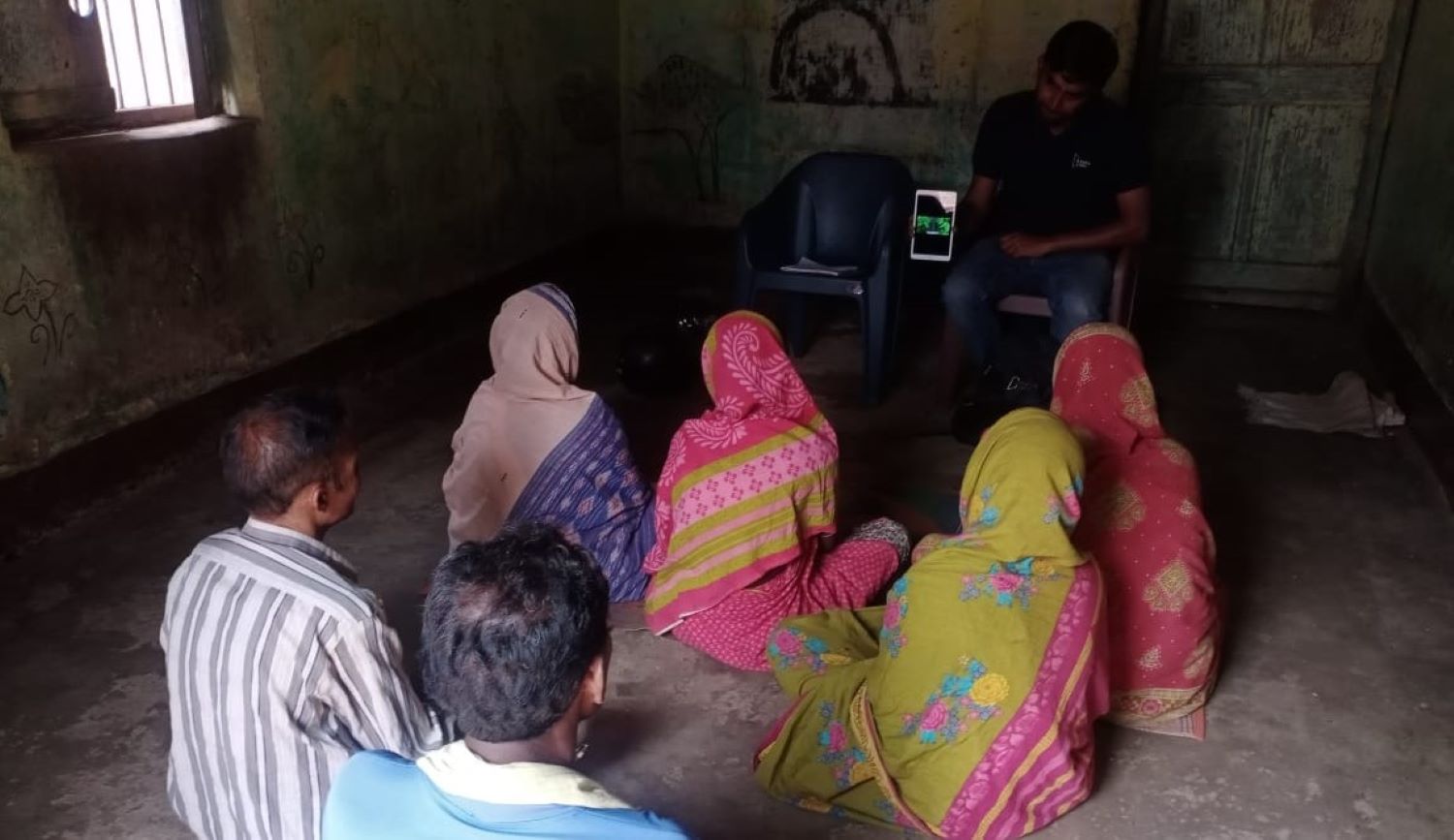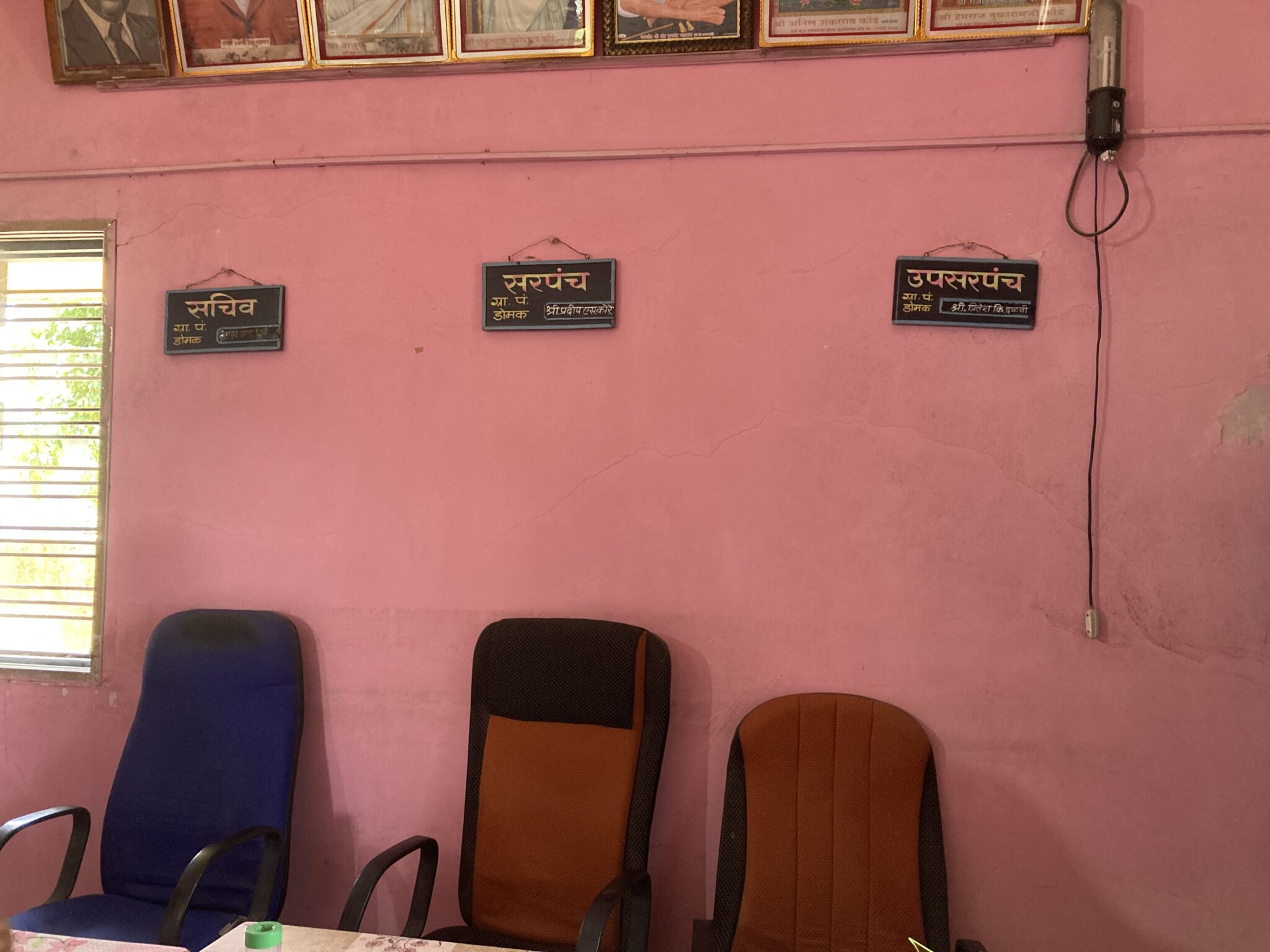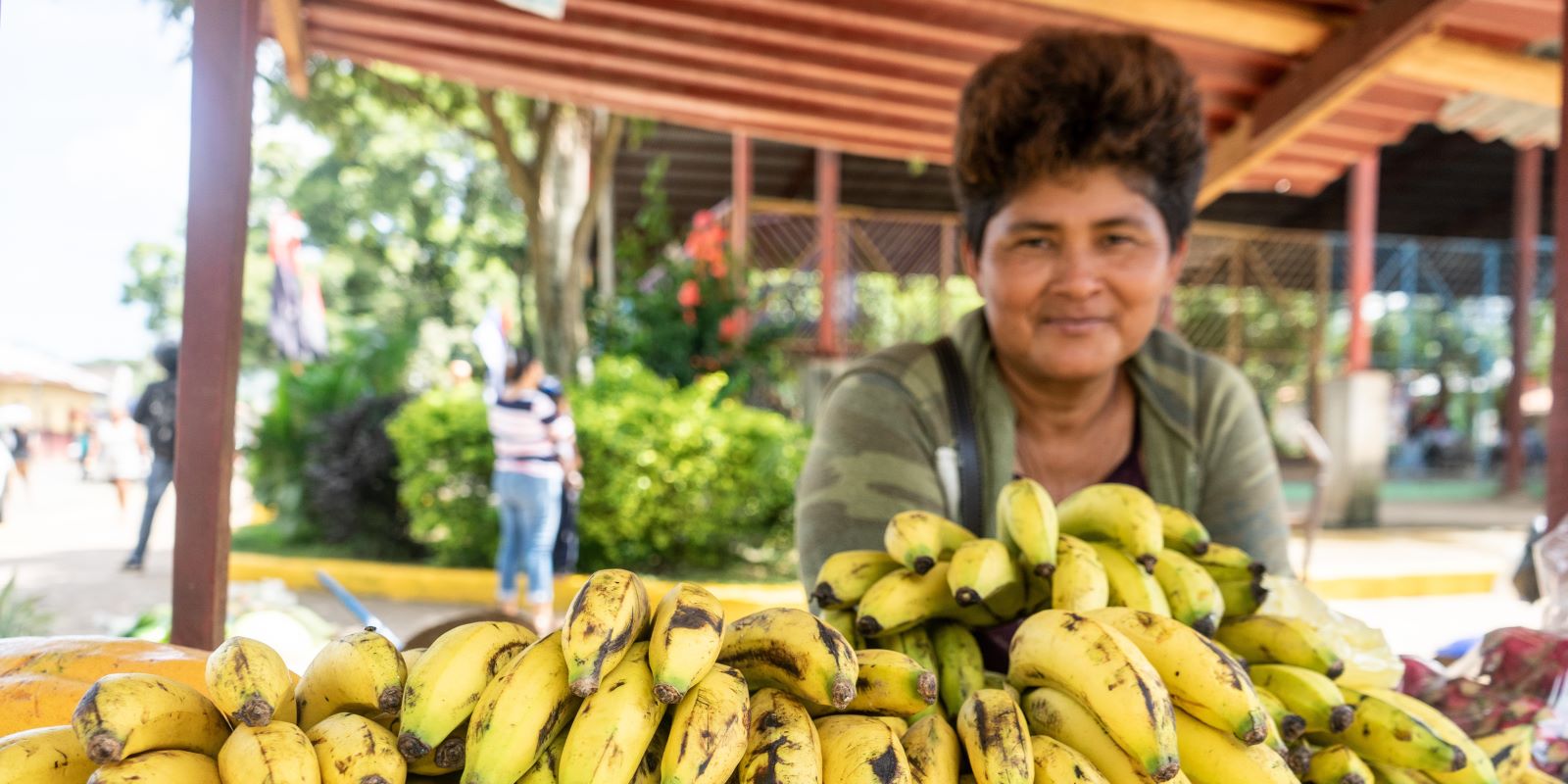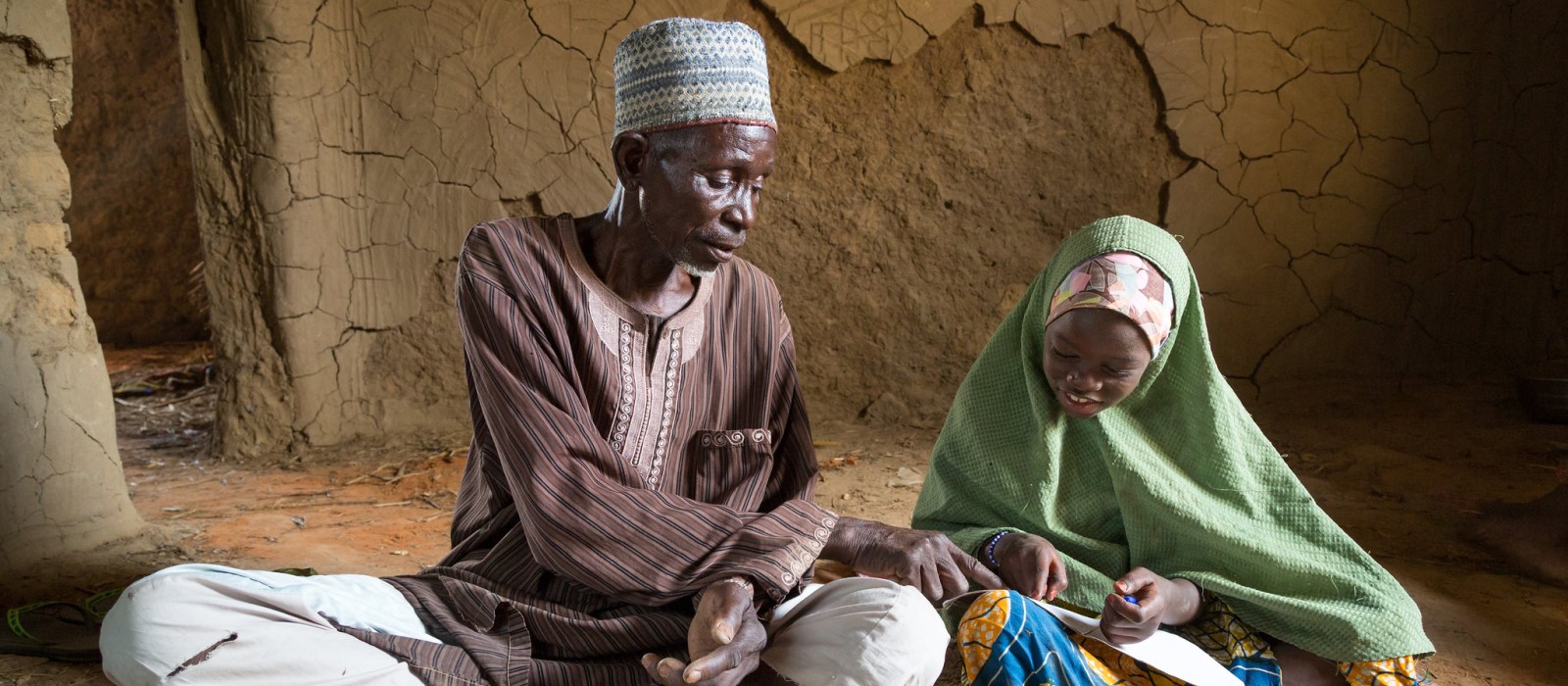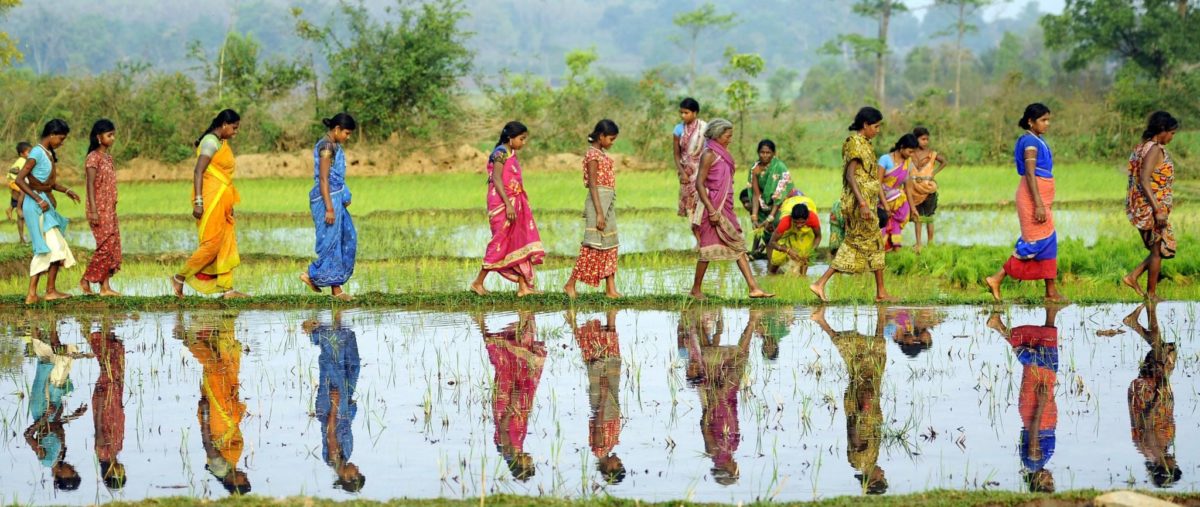
Motivation
Crucial strides have been made towards gender equality over the past five decades worldwide, with overall global declines in maternal mortality, two-thirds of countries reaching gender parity in primary school enrollment, and women’s labor force participation for women in high-income countries nearly doubling between 1950 and 1990. Despite these gains, gender inequalities, exacerbated by the global COVID-19 pandemic, persist, particularly in contexts of poverty. Women account for the majority of those living in poverty in most regions and a 2020 report from UN Women estimates that “121 women per 100 men will be living in extreme poverty (living on USD 1.90 a day or less) by 2030.”
Current research and lived experience raise many questions: What dimensions of gender inequality can better evidence help address? How do social and cultural norms constrain or enable women’s mobility, employment and agency? How do we define and measure levels of empowerment and the impact of norms across contexts? How can we incentivize thoughtful data collection on gender-related indicators and encourage linking and sharing where siloed data exists? To address these questions, CEGA a) encourages (and sometimes requires) the disaggregation of data and analysis by gender in CEGA-funded work; b) supports clusters of gender-focused research within key sectors (including Agriculture and Financial Inclusion, described below); c) tracks opportunities to close gaps in knowledge through ongoing matchmaking, as well as research synthesis and dissemination.
Our Agricultural Technology Adoption Initiative (ATAI), jointly led by J-PAL, funds research to accelerate the agricultural transformation process in ways that specifically reach, benefit, or empower women. Its rolling Gender and Agricultural Transformation request for proposals supports interventions that address gender misalignment and misallocation, land markets and property rights, service bundling to relax women’s productivity constraints, how to engage women in agricultural households in more lucrative, appealing or empowering work, among others. Click here for more information about the request for proposals and here to see ATAI research focused on gender.
Our Digital Credit Observatory (DCO), which investigates the effects of digital credit — micro-loans offered via mobile phones — on low-income borrowers, works to examine the relationship between digital credit and women’s empowerment. A suite of DCO-funded projects interrogate the impacts of digital credit on women’s economic empowerment, and the optimal design of digital credit products and related consumer protection measures to facilitate financial inclusion, economic empowerment, and related outcomes for women. Read more here and click this link to explore our gender-focused research on digital finance.
